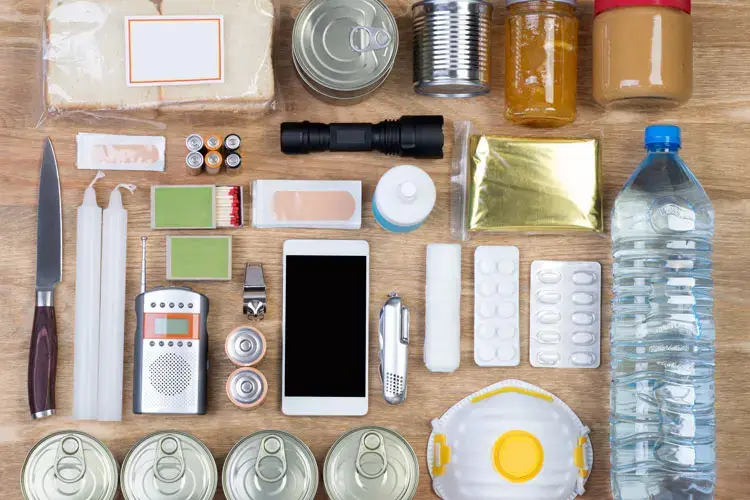A power outage or blackout can be a major problem as it can disrupt your daily life. Your routine life may halt with all electric equipment and gadgets running out of service. It can happen due to disruption in the power supply following technical snags in power lines or power equipment installed in your building.
According to a news report by Reuter, Australia’s east could face blackout risks from the middle of this decade if renewable energy projects are not ramped up as the country moves rapidly away from its dependency on coal-fired power stations, the National Electricity Market or AEMO has warned. At least five coal power stations were expected to retire, cutting 13% from the National Electricity Market (NEM) grid.
Besides the judicious use of electricity, people should use appropriate devices and gadgets at home. In some cases, the reasons for power outages are unavoidable. For example, when there is a storm or natural calamity, power will be cut by the authorities for the safety of the people.
In addition, some other reasons for power cuts across the country are faults in electrical panels, issues relating to voltage fluctuations, trees falling on power wires, etc.,
Many people don’t understand what they should do during a power outage. Here are five things you should do during a blackout:
Don’t Try to Fix Electrical Problems
You may risk your life and those of your family members by doing it yourself. Electricity is a very highly dangerous thing to play with. Only professional electricians or electrical companies can restore power.
Even a minor mistake by you in restoring the power may be fatal. Always keep this in your mind during power outages.
Beware of Livewire
During a flood, snowfall, or storm, power wires can be snapped from the overhead lines. You may not know where they are lying. Even after getting snapped, they carry electricity. If you step in, you may die.
This is the reason you should telephonically contact the emergency electrician in Melbourne to get power restored in your house or vicinity.
If it is night, don’t endanger your life by stepping out of your home. In the darkness of the area, you may put your foot on a livewire.
Keep Solar-power or battery-enabled flashlights near you
Use of a flashlight or emergency light during a power outage is ideal. Such lamps can be helpful in the darkness of the night.
It would be wise on your part to buy some of these battery-operated or solar flashlights to temporarily deal with the period of a power outage.
Unplug Electrical Appliances
Unplugging can help you protect all your electrical appliances as they get damaged if the power after being restored has power surges or carries more voltage that your appliances are unable to bear.
In case of power overload or surge, your appliances can be damaged beyond repair. Always switch off your refrigerator and room heater in the event of electrical blackouts.
Handling Medical Issues
There are some medical equipment and devices meant for patients at home. Such equipment is powered by electricity. When a power outage takes place, telephone your doctor immediately to know what to do or how to take care of the patient till the power is restored.
There are some pieces of equipment that need to be charged for 24 hours for the patient. Your doctor can tell you to use some medicine till the power is restored, and the medical equipment resumes function.
Alternatively, if the power outage is too frequent in your locality, you can consider buying an inverter set, which can be sufficient enough to let all your essential gadgets and devices run for some hours.
In Conclusion
Power outages can put you and your family in problems. In winter, it can be extremely troublesome as your room heating system cannot function, putting you subject to suffer from the cold.
During winter power outages, you should not resort to burning wood and charcoal inside your sleeping room unless you have a properly built fireplace that has a scientific way of taking smoke out of your room.
If you don’t have a fireplace, don’t burn charcoal, as it can fill the room with carbon monoxide, which is life-threatening.

